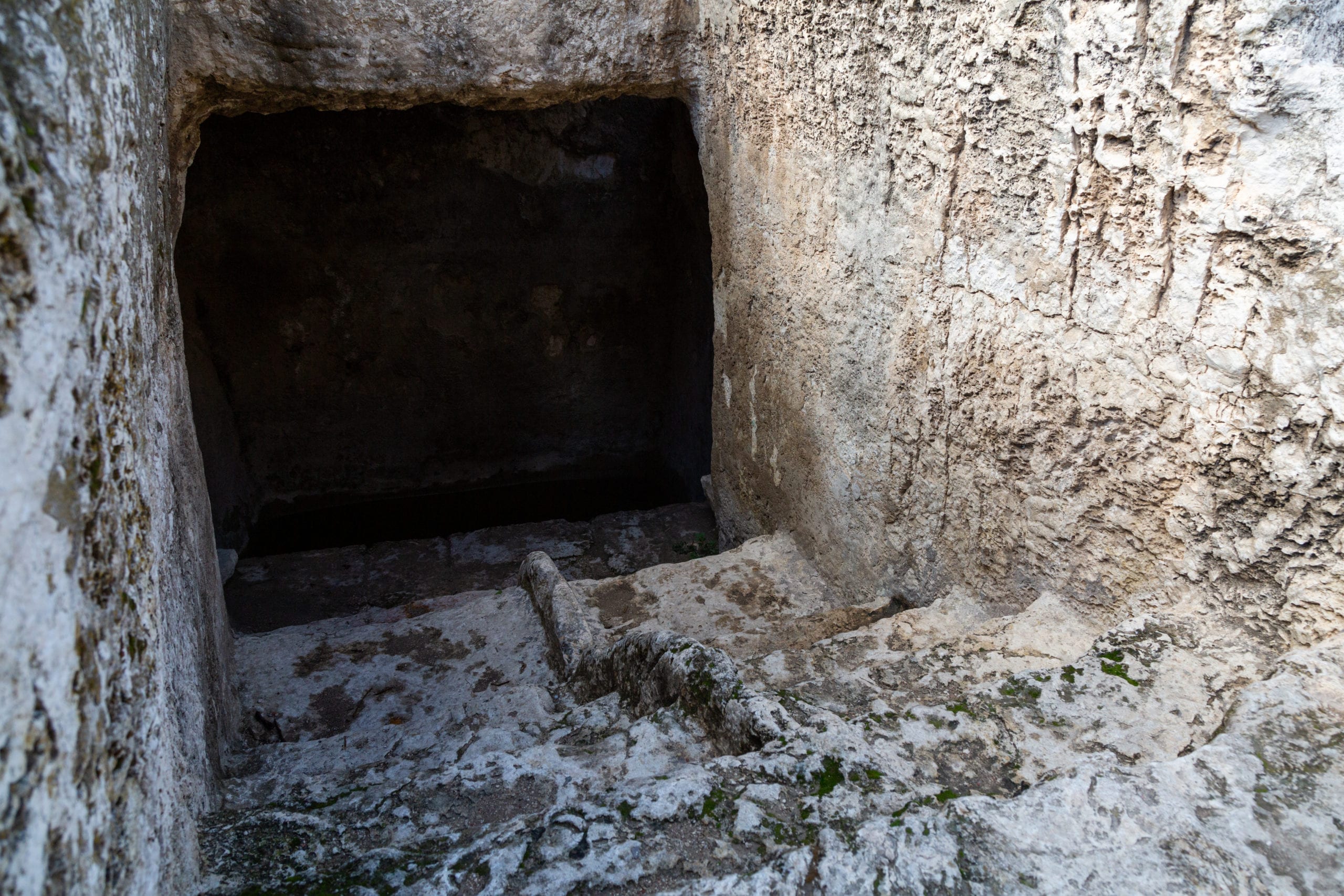by Yoni Schwartzman
The powerful meaning behind Tumat Hamet, or a human corpse’s impurity, in Judaism. One such example of how this manifests is in relation to a custom amongst many gentiles to hold open-casket funerals: Jewish people keep the body of their loved ones shrouded throughout the funerary proceedings in order to prevent participants from experiencing Tumat Hamet. Kohanim, the priestly descendants of Aharon, are forbidden to enter into a cemetery for this reason.
What is the meaning behind this Jewish value? Jewish religious practice is devoted to preserving, enriching, and living a G-d inspired life. It is about bringing good into this world by doing good for others; about bettering ourselves so that we can better the whole. Life is essential to this concept. Our lives are given to us in order to bring about a unique manifestation of G-d’s goodness in this world. Death is the polar opposite of this, representing an end to our body’s mission. In order to celebrate life and all that it means to us, it is engrained in our culture to value life and devalue death. This is clearly seen in the time of the Temple, when one had to purify oneself in a mikveh, or ritual bath. This was done in order to cleanse oneself of death’s spiritual impurity before going up to Mount Moriah to serve Hashem: an action that celebrates and thanks G-d for the blessings and life we have.

An ancient, stone-carved ritual bath/Mikveh in Jerusalem that once served pilgrims coming to the Second Temple (Shutterstock)





